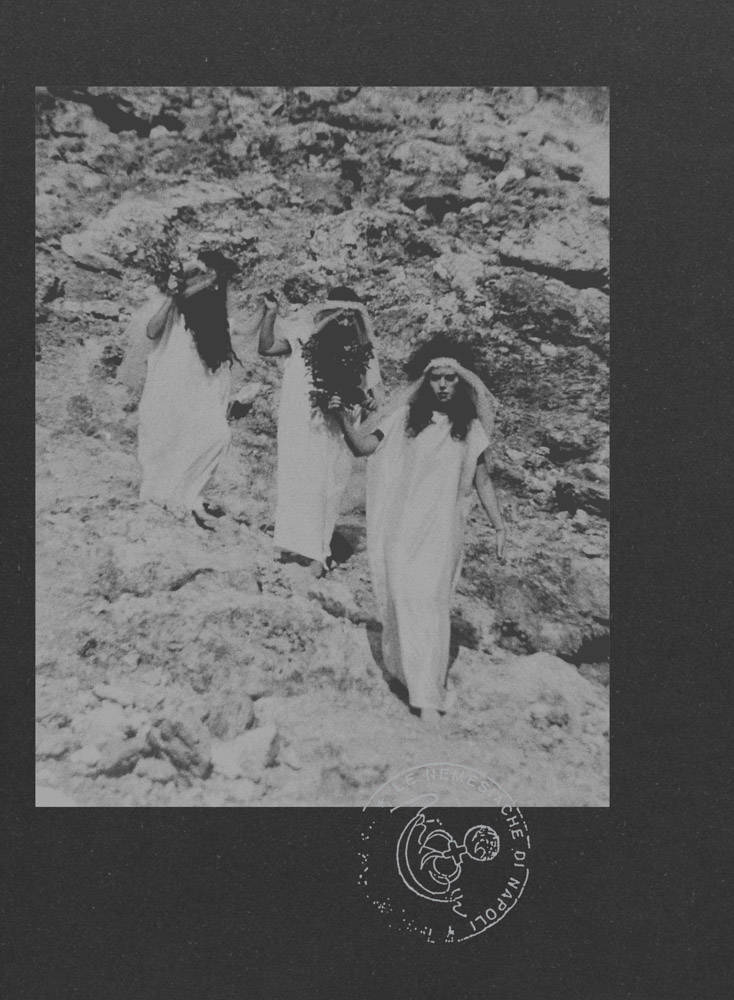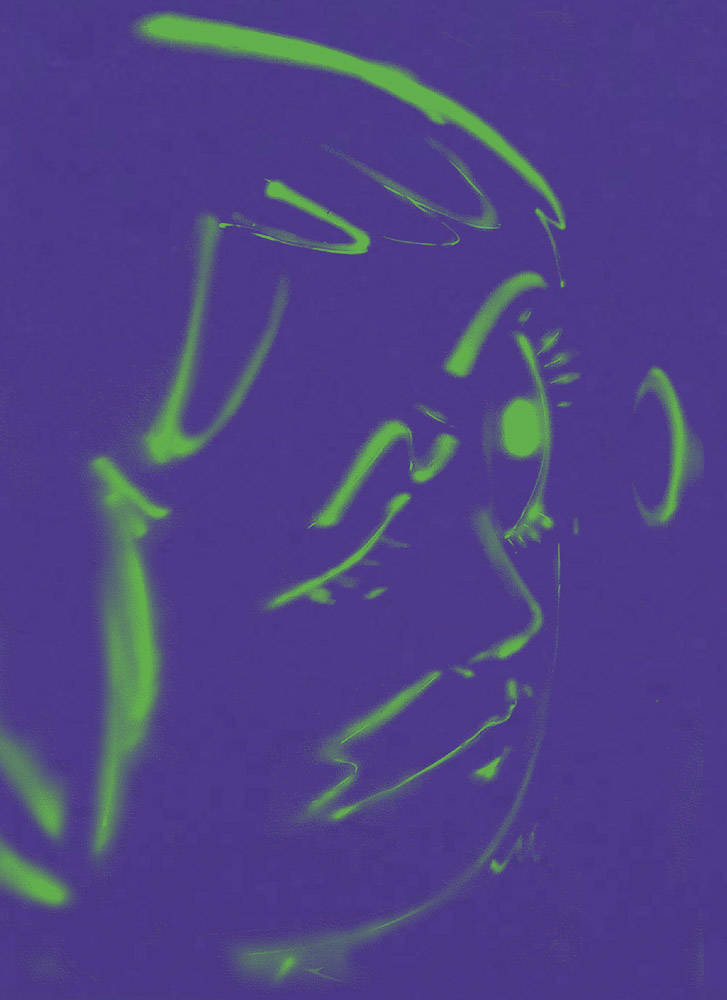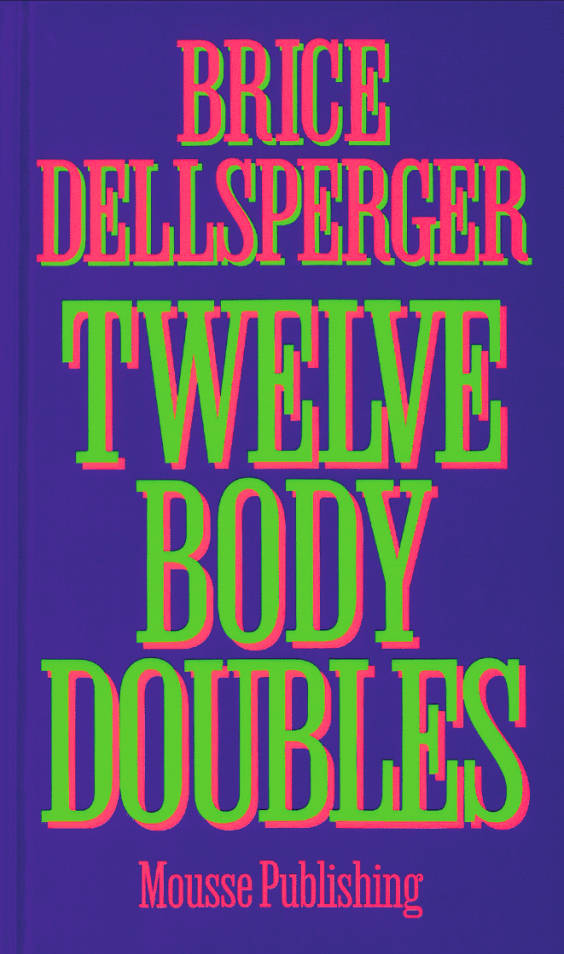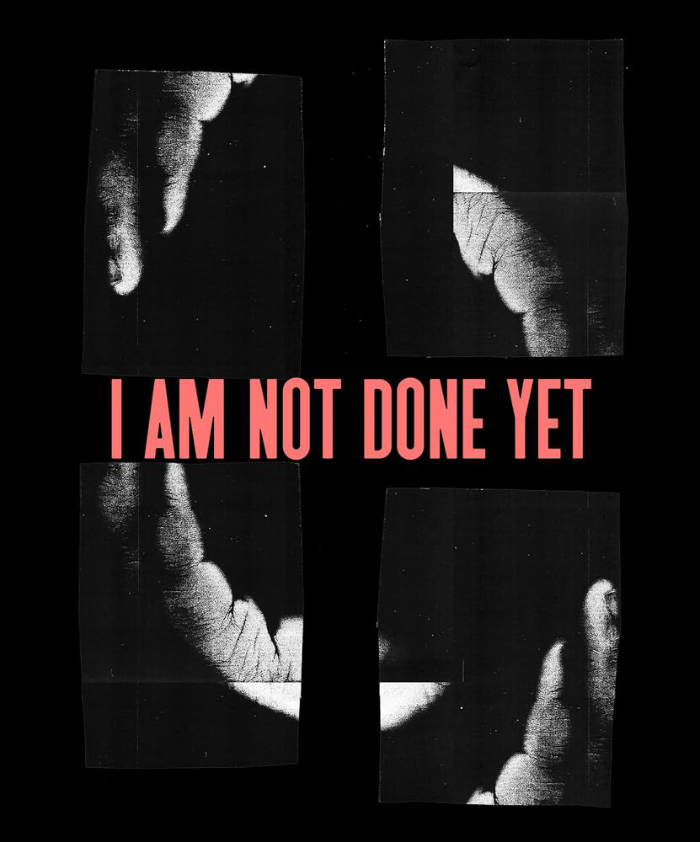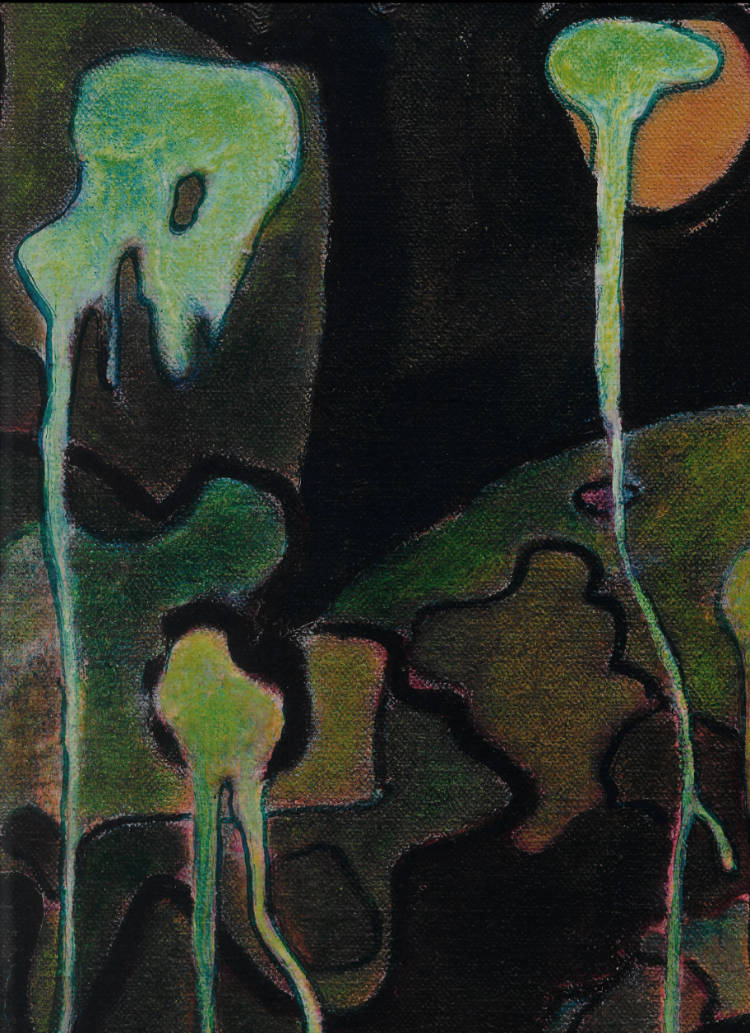
Programmed Melancholy
Gabriel Abrantes has been making a career in cinema; with numerous international exhibitions, he's been keeping prolific, with video installations, drawing, painting, and now also VR. This book, published by maat and Mousse, attests exactly this. A book that is predominantly visual and clearly structured, efficient in transposing a certain formal and conceptual attitude that runs through Abrantes's work into the book's aesthetic approach, expressing humour and irony visually within a relatively classical framework.
"The juxtaposition of references to art and cultural history with personal and socio-political commentary is a guiding thread throughout Programmed Melancholy." writes Emily Butler, in one of the essays included in this book (other texts are an interview with the artist and short essay by Rosa Lleó). Butler continues: "His works engage with our emotions, with a range of personal feelings, often humorous, potentially rousing ethical and political beliefs. Unstable, multi-faced, polysexual, his characters waver between expressing personal emotions and wider social, environmental and political concerns."
Language: English
